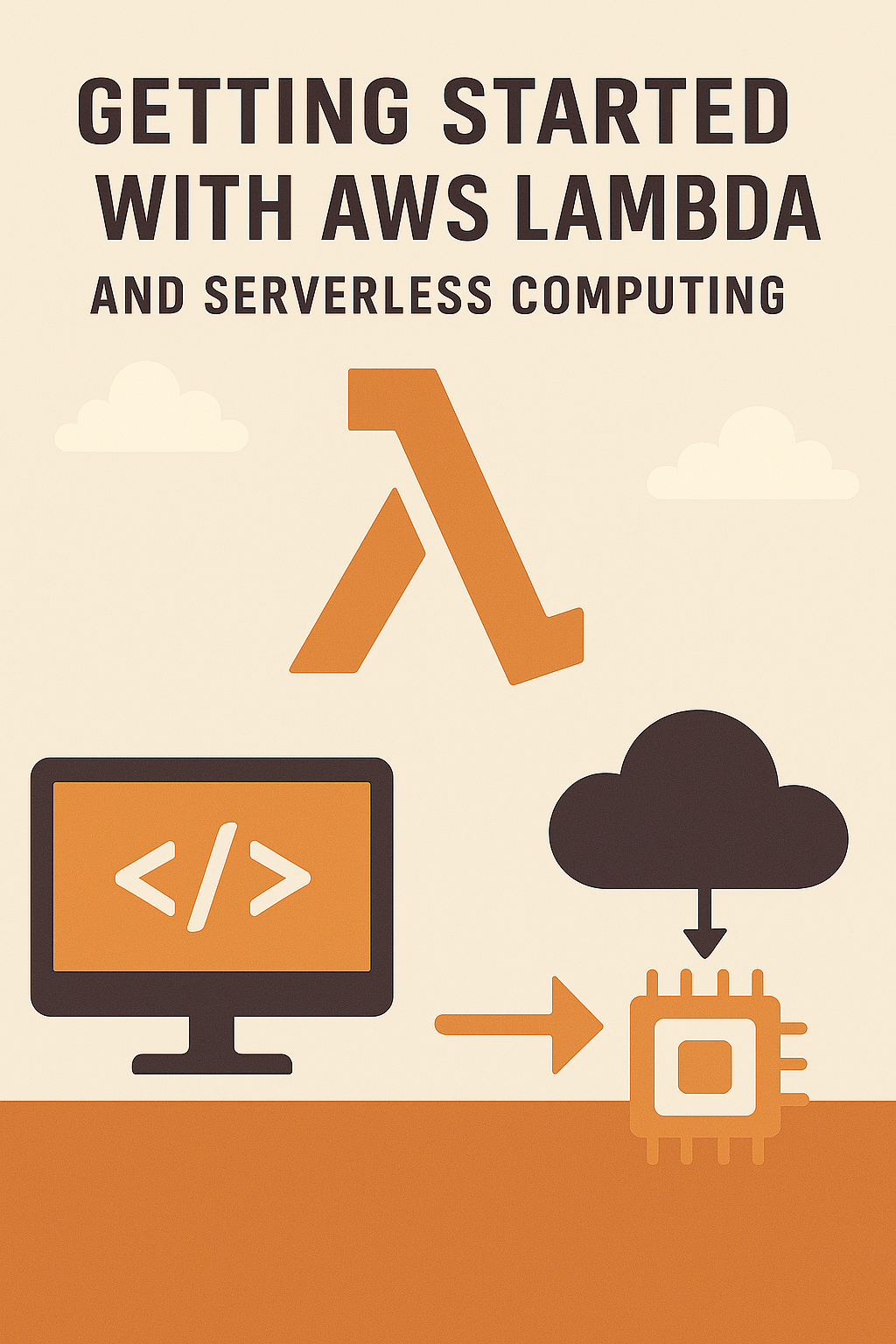Getting Started with AWS Lambda and Serverless Computing

Serverless computing has revolutionized the way we build and deploy applications. AWS Lambda is a key service in the serverless ecosystem, allowing you to run code without provisioning or managing servers. This post will introduce you to AWS Lambda and the benefits of adopting a serverless architecture.
What is AWS Lambda?
AWS Lambda is an event-driven, serverless computing service that runs your code in response to events and automatically manages the underlying compute resources for you. You only pay for the compute time you consume.
Benefits of Serverless Computing
Serverless computing offers several advantages, including reduced operational overhead, automatic scaling, cost savings (pay-per-use), and increased developer productivity.
Getting Started with Lambda
To get started with AWS Lambda, you write your code (in supported languages like Node.js, Python, Java, etc.), package it as a Lambda function, and configure triggers that will invoke your function (e.g., an API Gateway request, a change in an S3 bucket, a message in an SQS queue).
Use Cases for Lambda
AWS Lambda is suitable for a wide range of use cases, such as building web APIs, processing data streams, automating tasks, and creating backend services for mobile applications.
Adopting AWS Lambda and a serverless approach can significantly simplify your infrastructure management and allow you to focus on building your application's core logic.